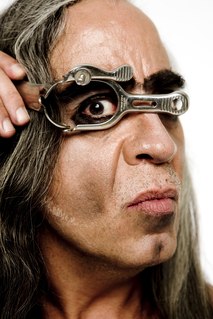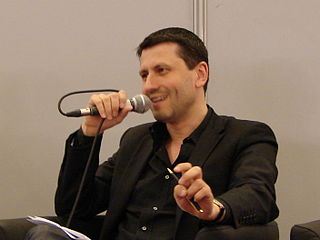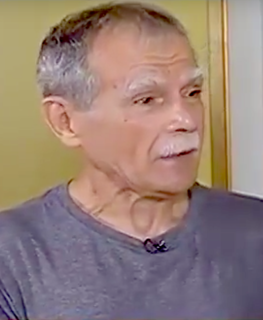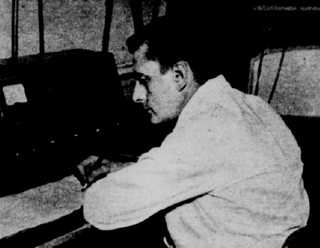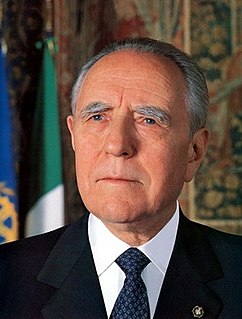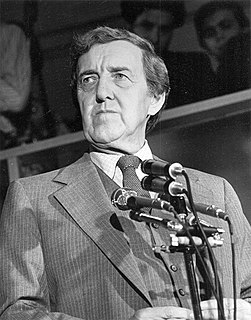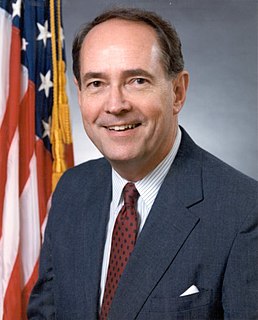A Quote by Guillermo Gomez-Pena
The term Hispanic, coined by technomarketing experts and by the designers of political campaigns, homogenizes our cultural diversity (Chicanos, Cubans, and Puerto Ricans become indistinguishable), avoids our indigenous cultural heritage and links us directly with Spain. Worse yet, it possesses connotations of upward mobility and political obedience.
Related Quotes
For Indigenous peoples , the impact of separating us from our heritage goes directly to the heart that pumps life through our peoples. To expect a people to be able to enjoy their culture without their cultural heritage and their sacred belongings is equivalent to amputating their legs and digging up the ground and asking them to run a marathon.
Hispanic gives us all one ultimate paternal cultural progenitor: Spain. The diverse cultures already on the American shores when the Europeans arrived, as well as those introduced because of the African slave trade, are completely obliterated by the term. Hispanic is nothing more than a concession made by the U. S. legislature when they saw they couldn't get rid of us. If we won't go away, why not at least Europeanize us, make us presentable guests at the dinner table, take away our feathers and rattles and civilize us once and for all.
Membership in the European Community, now the European Union, has enabled Ireland to re-find its sense of participation - cultural, political, social - at the European level. I think that also opens up possibilities for Ireland as a European country to look outward - to look particularly, for example, at countries to which a lot of Irish people emigrated, to our links - our human links - with the United States, with Canada, with Australia, with New Zealand. And to look also, because of our history, at our links to the developing countries.
I believe, as a Puerto Rican, that the majority of Puerto Ricans want to be Puerto Ricans. Once we become annexed to the United States or by the United States, that we will lose our national identity. I can look at Hawaii as an example of people who lose, the Natives who lose their identity. I can look into the Native American reservations and see people who lose their national identity, their culture, their language, their land. And that's what's going to happen to Puerto Ricans here.
The enormous social change involved in a sexual revolution is basically a matter of altered consciousness, the exposure and elimination of social and psychological realities underlying political and cultural structures. We are speaking, then, of a cultural revolution, which, while it must necessarily involve the political and economic reorganization traditionally implied by the term revolution, must go far beyond this as well.
In the case of my country, Guatemala, 65% of the inhabitants are indigenous. The constitution speaks of protection for the indigenous. Who authorized a minority to protect an immense majority? It is not only political, cultural and economic marginalization, it is an attempt against the dignity of the majority of the population.
I believe that the overwhelming majority of Puerto Rico wants to be Puerto Ricans. I have been in five different states in the United States, and I have found young Puerto Ricans in the states who really love Puerto Rico, who really want to do something for Puerto Rico. And for me, Puerto Rico has to be the promised land of all Puerto Ricans, whether we are in the United States or wherever we are at. But this has to be the promised land. Annexation will never be the answer.
